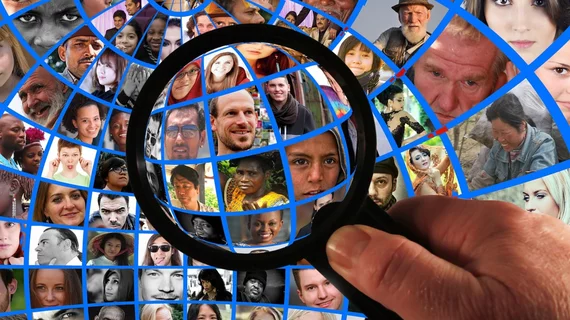Contact-tracing workforce? What contact-tracing workforce?
Tracing contacts of COVID-19 carriers sounds simple. It isn’t. Infected people must be interviewed. They’re not always cooperative. Or they are but can’t remember key details.
And those with whom the infected have interacted must, as a final step, be persuaded to self-quarantine.
Then there’s the workforce the U.S. is relying on to carry out the contract-tracing mission.
Estimates on how many “disease intervention specialists” it will take range from somewhere between 100,000 and 300,000. The cost is expected to soar well into the billions.
Politico has laid out the challenge in stark terms.
“The country only has a fraction of workers needed to trace the coronavirus, as health departments are scraping together a ragtag army of graduate students, workers from a city attorney’s office and even librarians,” the outlet reports.
Meanwhile, not surprisingly in a task so sprawling, competing interests are likely to clash over implementation.
“While some technology-assisted contact-tracing systems may offer public health benefits, they may also cause significant risks to privacy, civil rights and civil liberties,” ACLU senior staff technologist Daniel Kahn Gillmor tells the outlet. “We need a sober consideration of the risks and tradeoffs.”
Get the complete picture from Politico:

